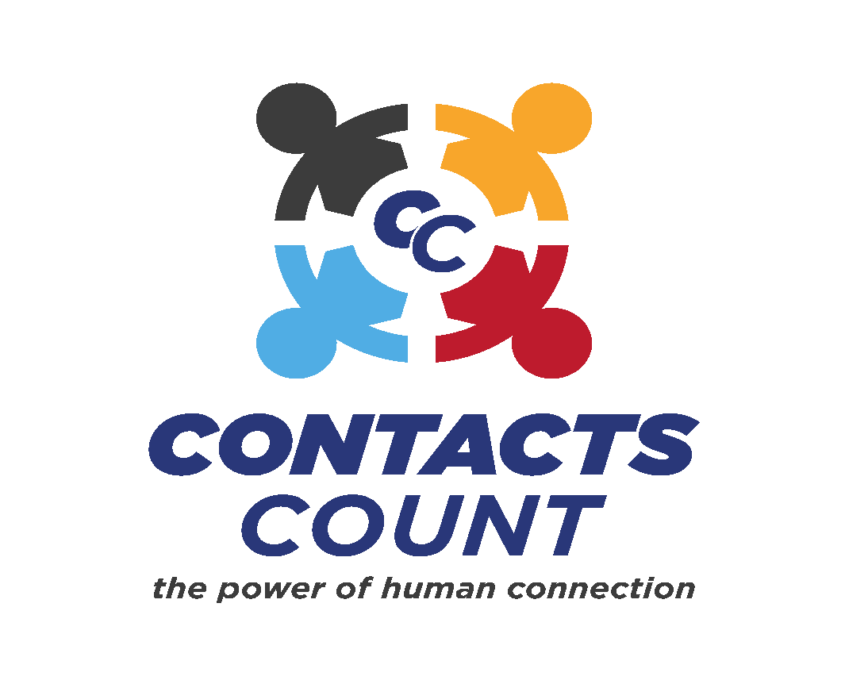Jina believes being truly seen is the most daring thing you can do. As CEO, Jina serves her diverse clients with care, creativity and courage, relishing the development of experiences and services that free audiences and extend beyond the moment.
Throughout her career, her efforts have made enduring impressions that led to profound positive impacts on the lives of thousands.
Jina is a results-oriented leader with proven success in serving diverse clients, developing unique products and services, and creating value for customers, stakeholders and team members. Previous roles include Director – Diversity & Inclusion, Grant Thornton (GT), President & CEO of the National Association of Black Accountants, Inc. (NABA), and Principal Consultant at EtiennePartners (EP), a boutique consulting firm that offered strategy development, workshops & coaching to leaders, executives, and entrepreneurs.
At GT, Jina managed the firm’s Diversity & Inclusion (D&I) Team responsible for developing and implementing GT’s firm-wide D&I strategy. At NABA, she was responsible for strategic direction, stakeholder relationships, organizational priorities, and managing the day-to-day operation of the Association and its staff.
Jina is a content partner with the Massachusetts Society of CPAs, developing and delivering custom training solutions for their members. She is an author and trainer with Becker, a global leader in continuing professional education, where she writes courses and presents on a range of topics including diversity & inclusion, self- awareness, leadership, talent management, and workplace culture.
Jina is also a Thought Leader with the Business Learning Institute (BLI), a strategic learning partner and talent management consultancy for organizations worldwide, where she develops and delivers live webinars, on-demand programs and on-site training.
As a CPA with a 32+ year career in public accounting, she brings first- hand experience within the profession to her work. She began her career in public accounting in the tax department of Touche Ross (now Deloitte). She left Deloitte to launch her private practice, Etienne & Associates, LLC, providing accounting and tax solutions to a diverse client base. She sold her practice to join the AICPA as Director – Taxation, Tax Ethics & Professional Standards, AICPA Tax Section at the American Institute of CPAs (AICPA).
In her spare time, she enjoys jigsaw puzzles and Sudoku, loves chocolate, and appreciates a really good cup of coffee. She is a die- hard fan of Arsenal FC (#COYG), a Peloton enthusiast (#FearlesslyMe) and loves Formula 1. She lives in Silver Spring, Maryland, with her husband, two sons, and Doug, their American bulldog.
Jina’s website: https://www.etienneconsulting.com/
Contact Jina https://www.etienneconsulting.com/contact












